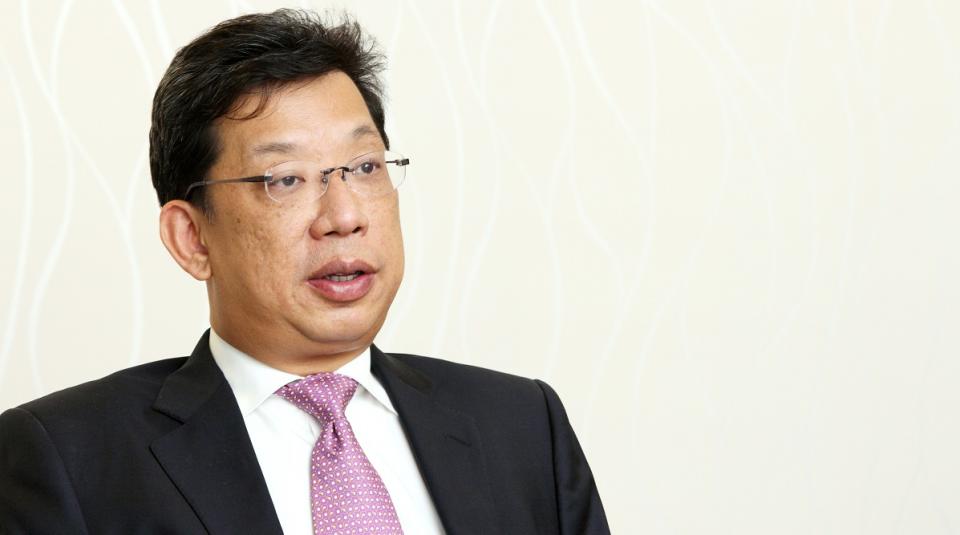SIAS calls privatisation offer for Global Palm Resources 'too low' and 'unfair'

"Judged on its own, the present offer is clearly wholly unsatisfactory."
The Securities Investors Association (SIAS) describes the privatisation offer by the Adijanto family for shares they don’t already own in Global Palm Resources Holdings “too low” and “unfair”, and calls upon minority shareholders to reject the deal.
While Provenance Capital, the independent financial adviser, has deemed the 25 cents per share offer “fair and reasonable”, SIAS disagrees, and calls on the Adijanto family that controls GPR to offer a higher price.
SIAS founder, president and CEO David Gerald notes that the IFA, in gauging the offer, had set an “arbitrary” market cap limit of $500 million. As such, there were only two SGX-listed comparables cited: Indofood Agri Resources and Kencana Agri. While the IFA included eight Jakarta-quoted comparables as well, Indonesia is an emerging market.
“SIAS acknowledges this is a judgement call but urges shareholders to ask themselves whether it really is appropriate not to consider firms listed on the home market in favour of several in an overseas market when arriving at valuation metrics,” says Gerald in his May 8 statement.
In addition, the IFA cited 13 recent privatisation deals on the SGX, which covers companies from other industries. From this comparison, the offer for GPR looks attractive when compared to the volume weighted average price due to its "depressed" trading price, as it was the second lowest in terms of price-earnings ratio and substantially below the mean PER. The P/RNAV ratio is also 27% below the mean.
However, at the time GPR was listed back in April 2010, it was priced at 118% premium over its then net asset value (NAV). In contrast, the 25 cents offer now on the table is at a 22% discount to the current revalued NAV of around 32 cents. Therefore, if the same premium was to be employed today, the offer price should be in the region of 70 cents, points out Gerald.
“The question has to be asked: If the company could raise money from the public at a price that was a large premium to asset value, then why should it be allowed to buy everyone out now at a discount?” says Gerald.
He further flags that as at Dec 2022, GPR’s revenue has more than doubled from IPO, whilst earnings has increased by around 50%. Furthermore, the company, chaired by Suparno Adijanto (picture) is in a net cash position.
“In other words, given the growth enjoyed by GPR since listing and its good financial standing now, it is wholly unreasonable to offer to buy out shareholders at a discount to NAV, especially when a premium was applied at IPO. For reference, following a 2:1 share consolidation, the adjusted IPO is 92 cents,” adds Gerald.
“Judged on its own, the present offer is clearly wholly unsatisfactory,” says Gerald.
SIAS also notes that the Adijanto family created a vehicle to make the offer, and that the entity that holds their 82.98% stake in GPR has already given its irrevocable undertaking to sell.
Given that the compulsory acquisition “loophole” has not been closed, the Adijanto family intends to exercise its right to compulsorily acquire all the shares if it owns or controls 90% or more of the issued shares.
“The IFA findings appear to fall short of the minimum expectation of shareholders for a truly fair and reasonable offer worthy of acceptance.
“SIAS, therefore, urges the offeror to table a higher price. In the meantime, minorities should reject it,” says Gerald.
See Also:
Click here to stay updated with the Latest Business & Investment News in Singapore
SIAS calls on Ong family to improve privatisation offer for Lian Beng
Adijanto family offers to take Global Palm Resources private with 25 cents a share offer
Get in-depth insights from our expert contributors, and dive into financial and economic trends

 Yahoo Finance
Yahoo Finance 